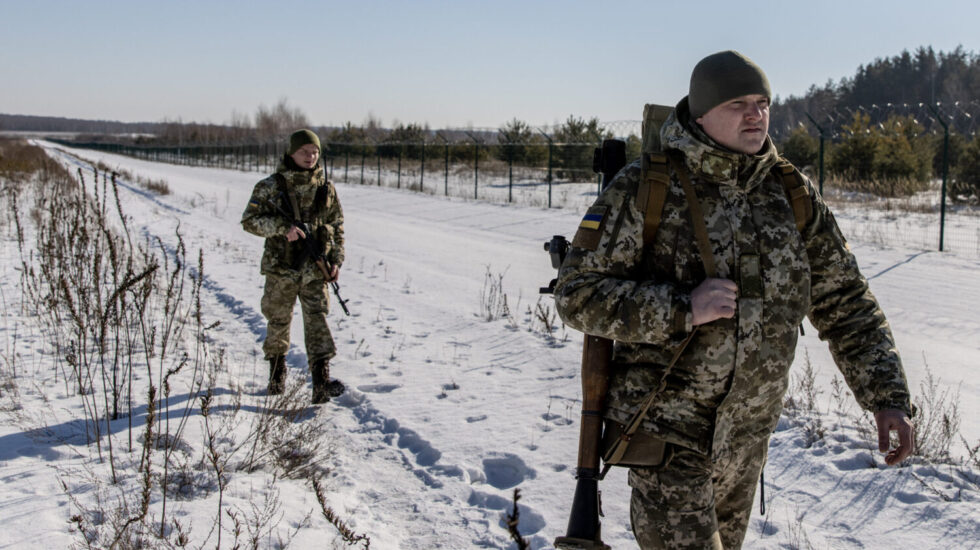On paper, the conflict Russia initiated with Ukraine is not a fair fight.
Russian forces are comprised of 900,000 active military personnel, compared to Ukraine’s 200,000. Ukraine’s $4.3 billion military budget is just one-tenth of Russia’s.
That drastic imbalance is reflected in each nation’s weapons of war. Russia has almost 16,000 armored fighting vehicles, including tanks, compared to Ukraine’s 3,300.
The Russian Navy consists of 51 submarines and 74 warships. The Ukrainians have just two of the latter and none of the former.
The Russian air force, meanwhile, is 10 times the size of Ukraine’s.
Yet, despite this vast disparity, Ukraine’s military has faired surprisingly well in the first few days of the conflict. Of course, the fog of war makes it extremely difficult to assess conditions on the ground and information offered by military leaders might be exaggerated to boost morale or deceive the enemy. And it seems inevitable that Russia’s superior resources will likely overwhelm the scrappy Ukrainian resistance over time.
But recent reports from Western governments suggest that hundreds of Russian soldiers have been killed by Ukrainians, who have also downed Russian planes and destroyed tanks.
Whatever the precise details, it seems clear that Russian military has been unable to attain its initial goals.
Lt. Col. Alexander Vindman, the Russia and Ukraine expert who was fired from Trump’s National Security Council in an act of political retribution, told CNN, “Things have not gone to plan for Russia. Russia has under-performed. Ukraine has over-performed.”
Vindman said he it is “shocking” that Russia has been unable to eliminate Ukraine’s air force, disable its communication capabilities, or cut off its internet.
Lawrence Freedman, a professor of War Studies King’s College London, wrote in a blog post that Russia’s failed attempt to capture an airport outside of Kyiv yesterday is indicative of shoddy military planning that might have been undermined by hubris:
If this airport had been taken quickly then the Russians could fly in troops who could then move quickly into Kyiv. But this was a gamble because without backup they were in an exposed position. The Ukrainians shot down several of the helicopters and then in a fierce battle overwhelmed the Russian forces. It is telling that after months of planning for this whole operation, in which every step has been carefully scripted, that the planners decided to attempt something so high risk on the first day.
Freedman warns “this might be no more than a temporary respite for Kyiv” but posits that Putin has grown complacent with his war-fighting prowess and will likely suffer through “an extraordinary difficult war… to win politically.”
